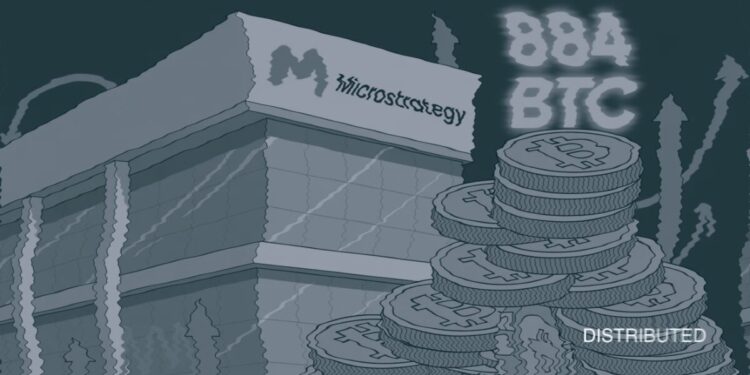- The new subscription model is expected to add to existing revenue streams from marketing and cross-border services.
- It aims to accelerate settlements and automate documentation as global trade becomes increasingly digital.
Alibaba is moving to modernize its global B2B business with new paid AI tools and a push into tokenized payments, marking one of its most significant updates to cross-border operations in years. The shift aims to speed up settlements, automate documentation and open new revenue lines as global trade becomes more digital.
Alibaba.com on Friday released “AI Mode,” a new search tool that compares suppliers across pricing, logistics and production metrics, CNBC reported. The company plans to charge for the service, with early pricing discussions at $20 per month or $99 per year, though no final decision has been made.
The division reportedly generated more than $3 billion in the last fiscal year but remains smaller than Alibaba’s domestic e-commerce and cloud units. The subscription model is expected to supplement revenue from marketing and cross-border services.
Kuo Zhang, president of Alibaba.com, said demand for AI-driven search has increased among businesses sourcing products globally. “We feel the urgency that we need to use AI to redesign how people do global trade,” he told CNBC, adding that the company sees a broader shift in how B2B e-commerce functions.
See Related: Space and Time Secures $20 Million Strategic Funding Led by Microsoft’s M12 to Automate the World’s Business Logic
Smart Contracts And Automated Documentation
In December, Alibaba.com plans to launch “agentic pay,” a tool that uses AI to convert buyer–supplier chat exchanges into formal contracts. The system will replace offline drafting, streamline verification and prepare transactions for settlement once both sides confirm the terms.
Alibaba.com is preparing to test tokenized versions of the U.S. dollar and euro to cut settlement times for cross-border payments, which currently require multiple intermediaries and can take days to complete.
Tokenized money represents fiat currency in digital form and sits on a bank’s balance sheet, distinguishing it from stablecoins, which private firms issue and back with assets such as cash or bonds. Zhang said the company will consider stablecoins only after it gains experience with tokenized transfers.
The trial will rely on JPMorgan’s tokenization technology, including JPMD, a token designed for B2B settlements. Zhang said tokenized transfers could move funds “simultaneously” between regions such as Europe, Hong Kong, Singapore and mainland China, avoiding traditional banking routes.



